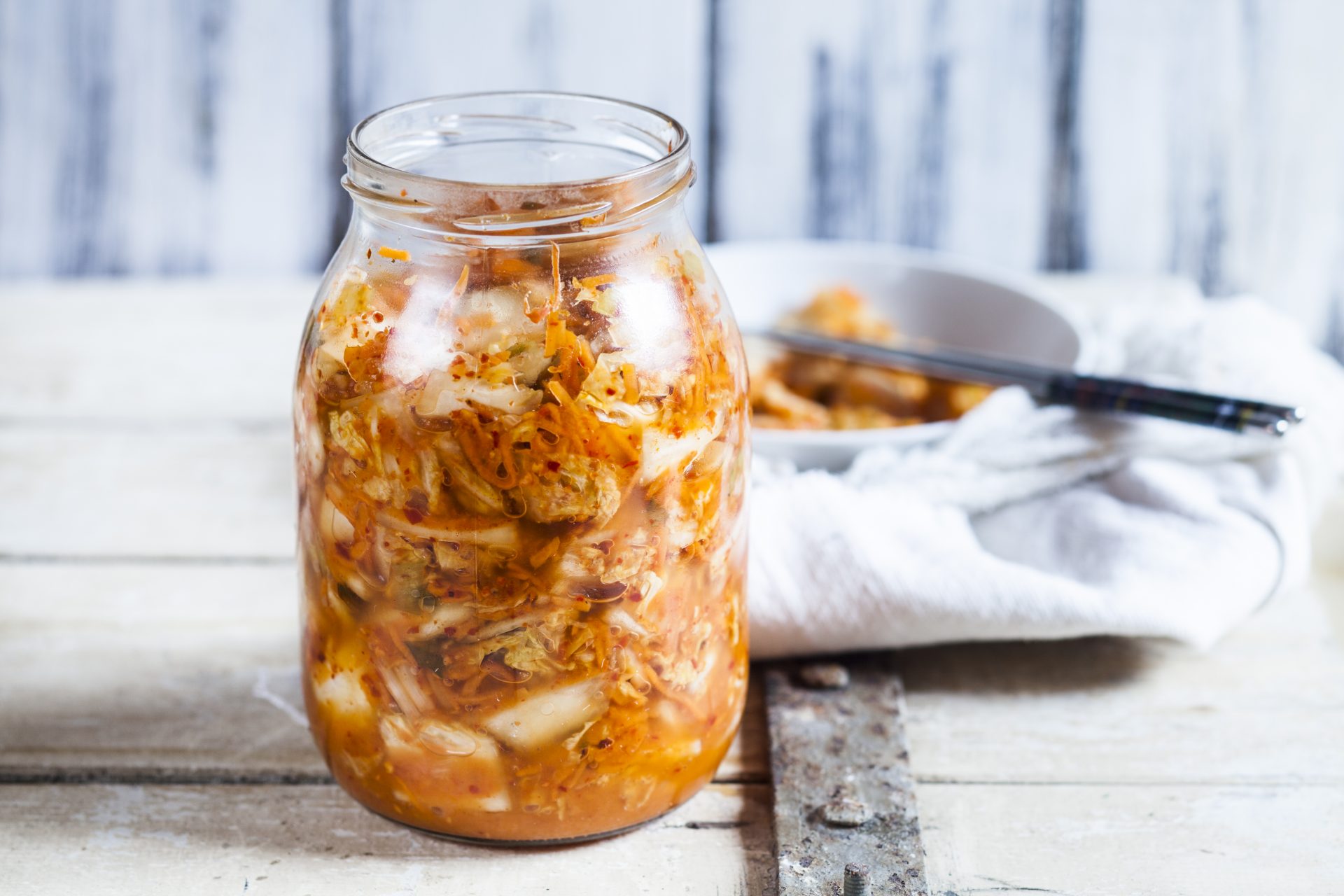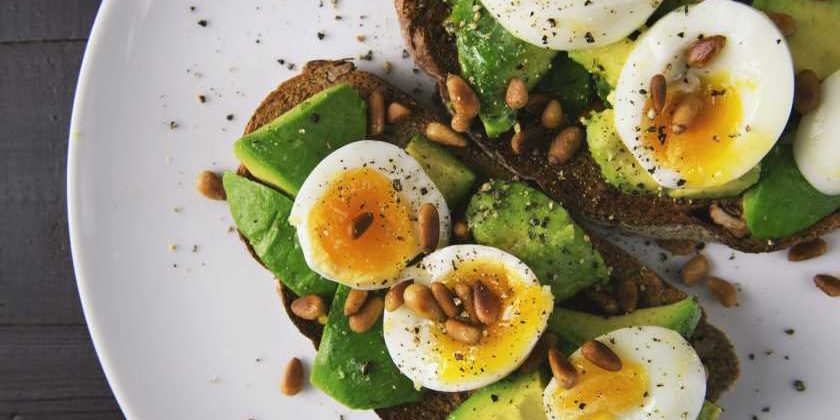How to balance your microbiome to help the good bacteria thrive.
We all have bacteria in our gut – a concept that’s fairly mainstream now. The microbiome – this collection of bacteria – is (ideally) there to support our body’s functions. “It plays an essential role in many areas of our health, from skin and mood to immunity,” says Camilla Gray, nutritionist at Optibac Probiotic.
The other benefit of a thriving microbiome is that it can reduce the levels of bad bacteria or other infections. “Bad bacteria are otherwise known as pathogens; they are the bacteria that cause us harm. If we have too many of them in our gut, it can cause an upset in the balance of good bacteria, which puts us at a higher risk of disease and upset in the workings of the body,” Gray explains.
You may also like
Gut health: men and women have completely different gut microbiomes – here’s why that’s important
Sas Parsad, founder of The Gut Co, says: “Bad bacteria come in thousands of different species and can enter the body through our skin, via what we eat and drink and what we breath in, to name a few.”
If the balance in the gut isn’t right, it is known as dysbiosis. According to Gray, some of the key symptoms include bloating, constipation, diarrhoea, acne flare-ups and low mood.
What is starving the gut bacteria?
All sorts of theories about getting rid of these pathogens have emerged in the online wellness world. One of the most popular is referred to as ‘starving off’ the bad bacteria. Just as we feed our good bacteria with fibre and prebiotics, the idea is that bad bacteria thrive on certain things we eat, and removing these fuel sources can cause them to die out.

The foods you may be advised to avoid include animal proteins, free sugars and high-FODMAP foods (foods such as artichoke, garlic and gluten that are fermented in the gut). The problem? There’s no real proof that these work.
“The concept of completely avoiding certain foods to ‘starve off’ bad gut bacteria is not something I would recommend,” says Gray. “That’s mainly due to little scientific backing of its effectiveness. What’s more is that it wouldn’t be beneficial to completely starve off all so-called bad bacteria. All bacteria have the potential to be bad if there’s too much of it, and some of this bad bacteria actually has beneficial activity in the gut if the levels are kept in check.”
You may also like
Probiotics: what are they and how do they work?
In a 2020 review into ultra-processed foods and gut health, there is no suggestion that a high intake of saturated fat, salt and free sugar actually grows pathogens. Rather, a diet that’s low in fibre is shown to create an imbalance of the microbiome.
According to researchers, bacteria like “bifidobacterium and some clostridium subgroups exhibit a significant reduction with reduced or limited fibre intake” while other microorganisms, such as lactobacillus (one of the most popular ‘good’ bacterias found in probiotic supplements) is increased to an unhelpful level through a diet high in ultra-processed foods.
That’s why, rather than attempting to starve off the bad bacteria, you should focus on feeding the good stuff. “If the good bacteria aren’t fed correctly, they can die off, allowing more room for the bad bacteria. If you feed the good bacteria the nutrients they need, they will reproduce at a faster rate, leaving less room for the bad bacteria,” says Parsad.

While limiting your intake of ultra-processed foods and free sugars is always advisable for overall health, think about adding in more fibre and fermented foods to support healthy bacteria. Parsad recommends swapping to wholegrain breakfast cereals, brown rice and pasta, and adding in more vegetables and leafy greens to up the fibre content.
“Dietary fibre is the greatest source of nutrients for good bacteria, as it cannot be digested in the body – meaning that it arrives at the good bacteria intact. This allows them to feast on the nutrients and reproduce, leaving less room for the bad bacteria to reproduce,” he says.
Gray adds: “Fermented foods such as sauerkraut also feed the microbiome. It can also be beneficial to try probiotics that are scientifically proven for symptoms like bloating, pain and diarrhoea.”
Crucially, you won’t know if you have these pathogens in your gut unless you talk to your GP, so it’s best to visit your doctor if you’re worried about your symptoms.
Images: Pexels/Getty
Source: Read Full Article
